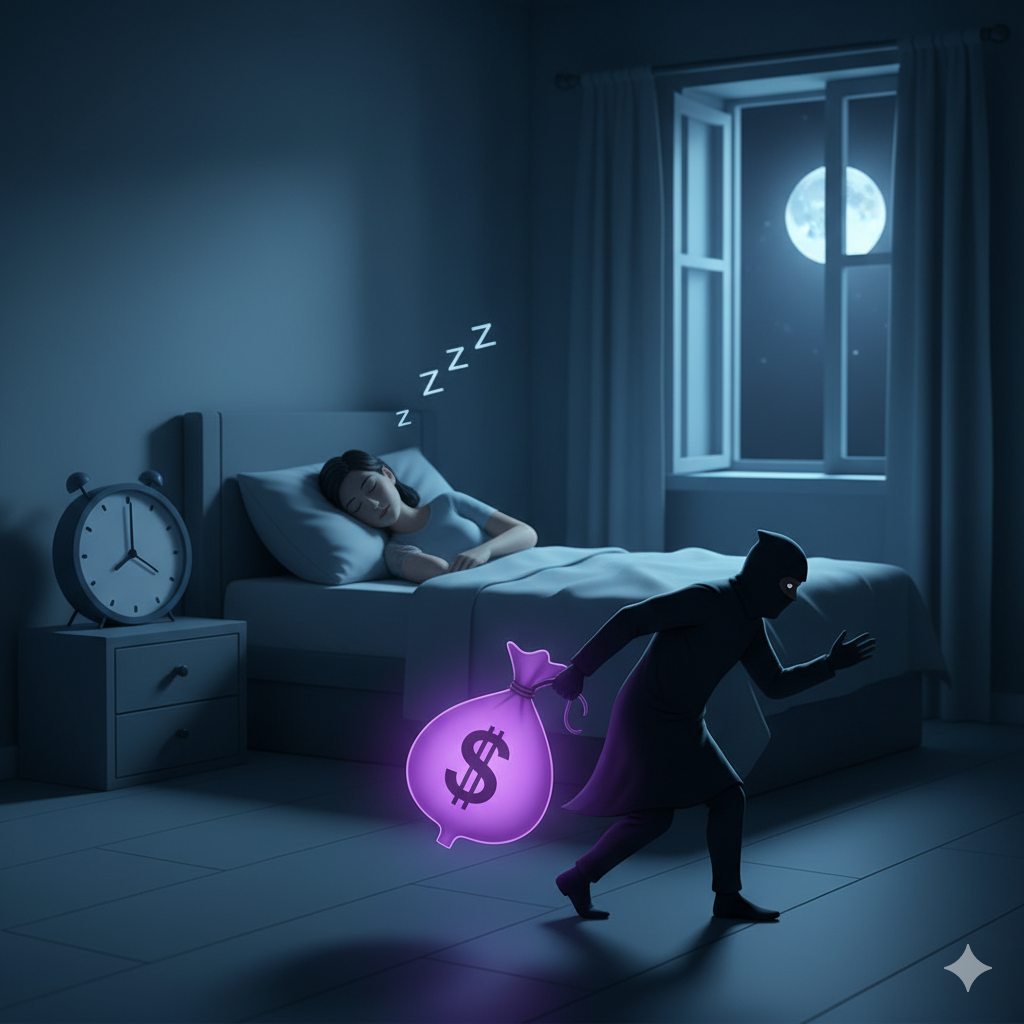Are you tired of your bladder playing the role of a sneaky thief, constantly interrupting your precious sleep? You’re not alone. Waking up multiple times a night to urinate, a condition known as nocturia, is far more common than you might think, especially as we age. But while it might feel like an inevitable part of getting older, nocturia is often treatable, and understanding its causes is the first step to reclaiming your restful nights.
What Exactly Is Nocturia?
In simple terms, nocturia is the need to wake up one or more times during the night specifically to urinate. While one trip to the bathroom might be considered normal for some, frequent awakenings can significantly disrupt sleep quality, leading to daytime fatigue, irritability, and even an increased risk of falls, particularly in older adults.
The Masterminds Behind the Robbery: Common Causes of Nocturia
Nocturia isn’t usually a standalone condition; it’s often a symptom of an underlying issue. Here are some of the most common culprits:
- Fluid Intake Habits: This might seem obvious, but drinking too many fluids, especially caffeinated or alcoholic beverages, close to bedtime can lead to increased urine production at night.
- Aging Bladder Changes: As we get older, our bladders become less elastic and can hold less urine. Our bodies also produce less antidiuretic hormone (ADH) at night, which normally helps us concentrate urine and produce less of it while we sleep.
- Urinary Tract Infections (UTIs): A UTI can irritate the bladder, leading to frequent and urgent urination, day and night.
- Overactive Bladder (OAB): This condition causes sudden, strong urges to urinate and can lead to frequent trips to the bathroom, including at night.
- Prostate Enlargement (BPH) in Men: An enlarged prostate can press on the urethra, making it difficult to completely empty the bladder and leading to frequent urination.
- Diabetes: Both Type 1 and Type 2 diabetes can cause increased thirst and urination, including nocturia, as the body tries to flush out excess sugar.
- Heart Failure and Peripheral Edema: Conditions that cause fluid retention (like heart failure or swollen ankles) can lead to the fluid being reabsorbed into the bloodstream when you lie down, increasing urine production at night.
- Sleep Apnea: Believe it or not, obstructive sleep apnea (OSA) can contribute to nocturia. When breathing is interrupted, the body releases a hormone that tells the kidneys to produce more urine.
- Certain Medications: Diuretics (water pills), some heart medications, and even certain antidepressants can increase urine output.
Fighting Back: How to Stop the Bladder Robbery
The good news is that many cases of nocturia can be improved with lifestyle adjustments and, if necessary, medical intervention.
- Mind Your Fluid Intake:
- Reduce fluid intake, especially 2-4 hours before bedtime.
- Limit caffeine and alcohol in the evening, as they are diuretics.
- Distribute your fluid intake more evenly throughout the day.
- Optimize Your Evening Routine:
- Elevate Legs: If you experience swollen ankles (peripheral edema), elevating your legs for a few hours in the evening can help shift fluid out of your legs before bedtime, reducing nighttime urination.
- “Double Voiding”: Before bed, try to urinate, then wait a few minutes and try again to ensure your bladder is completely empty.
- Address Underlying Health Conditions:
- See Your Doctor: This is crucial. Your doctor can help diagnose the root cause of your nocturia. They might run tests for UTIs, diabetes, or prostate issues.
- Manage Diabetes: If you have diabetes, consistent blood sugar control is key.
- Treat Sleep Apnea: If sleep apnea is suspected, treatment (such as a CPAP machine) can significantly improve nocturia.
- Medication Review: Discuss your current medications with your doctor to see if any could be contributing to the problem.
- Bladder Training and Pelvic Floor Exercises:
- For an overactive bladder, your doctor might recommend bladder training (gradually increasing the time between bathroom visits during the day) or pelvic floor exercises (Kegels) to strengthen bladder control.
- Consider Medications (Under Medical Guidance):
- Depending on the cause, your doctor might prescribe medications for an overactive bladder, prostate enlargement, or even a low-dose medication to reduce nighttime urine production (like desmopressin, though this comes with specific considerations).
Don’t let nocturia continue to steal your precious sleep. It’s not just an inconvenience; it can impact your overall health and well-being. By understanding the potential causes and working with your urologist, you can unmask the “bladder robber” and reclaim your nights of uninterrupted rest. Sweet dreams await!

